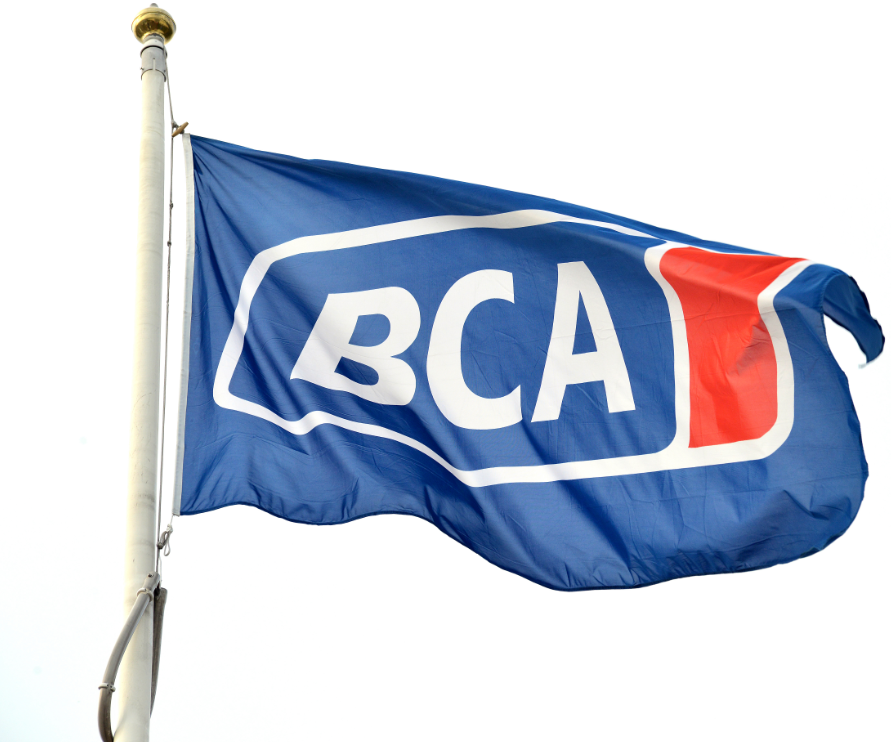Vicarious liability for
employee’s deceit.

This month’s case review is a
salutary tale that will be of interest to dealerships and finance
companies alike. It confirms that an employer will be liable for
the representations of its employees to third parties where the
employee has the apparent authority of the employer, and where the
third party believes and relies upon that representation to its
detriment.
In Quinn vs CC Automotive Group
(t/a Carcraft), the claimant owned a silver Jaguar subject to
a hire purchase agreement. He visited the defendant’s car showroom
where he met K, the defendant’s employee, and agreed to buy a blue
Jaguar (which was not in the showroom) for £7,500, plus his
existing Jaguar in part-exchange. K confirmed that the defendant
would clear the finance on the silver Jaguar.
Subsequently K located a red
Jaguar, which was the claimant’s preferred colour. He viewed it on
a computer screen at the defendant’s showroom, it being located
elsewhere. The claimant decided to buy the red Jaguar on the same
terms as those for the blue Jaguar. He then met K at a motorway
service station where the finance agreement for the red Jaguar was
signed.
The transaction was subsequently
concluded at the same motorway service station and the vehicles
were exchanged.
How well do you really know your competitors?
Access the most comprehensive Company Profiles on the market, powered by GlobalData. Save hours of research. Gain competitive edge.

Thank you!
Your download email will arrive shortly
Not ready to buy yet? Download a free sample
We are confident about the unique quality of our Company Profiles. However, we want you to make the most beneficial decision for your business, so we offer a free sample that you can download by submitting the below form
By GlobalDataThe claimant was later notified
that the finance on the silver Jaguar had not been cleared. In
fact, K had sold that vehicle to a bona fide purchaser for value
without notice of the fraud. The finance company obtained judgment
against the claimant.
It also transpired that the red
Jaguar had never belonged to the defendant nor been part of its
stock so K had no authority from the defendant to sell it.
The claimant issued proceedings
against the defendant on the basis that it was vicariously liable
for K’s deceit. The defendant contended that the claimant should
have been put on inquiry as to the authority of K as soon as the
transaction had proceeded outside the showroom. It also maintained
that there were too many other unusual factors to the case for the
claimant not to have been put to inquiry.
The Court of Appeal confirmed that
a broad approach had to be taken when considering the scope of an
employee’s authority in a claim for fraudulent misrepresentation.
The representation had to be relied upon by the claimant who only
had to have an honest belief in the representation. The
‘reasonableness’ of that belief was neither here nor there.
In this case, K had apparent
authority to sell the red Jaguar and deal with the part exchange
and finance. K’s deceit was closely connected with his employment
as a car salesman. The sale of the red Jaguar was squarely within
the class of acts that a car salesman such as K is usually
authorised to do. The claimant had an honest belief in, and relied
upon, the representations that K had such authority.
Comment
The court was faced with deciding
which of two innocent parties must bear the financial consequences
of a third party’s deceit. The fact that the claimant was taken in
by K’s deceit, whereas by the exercise of reasonable care, he might
not have been, was irrelevant. The court found it only right that
the employer should bear the loss occasioned by its employee’s
actions.
The author is a partner in Wragge & Co’s finance,
insolvency, recoveries and sales team







